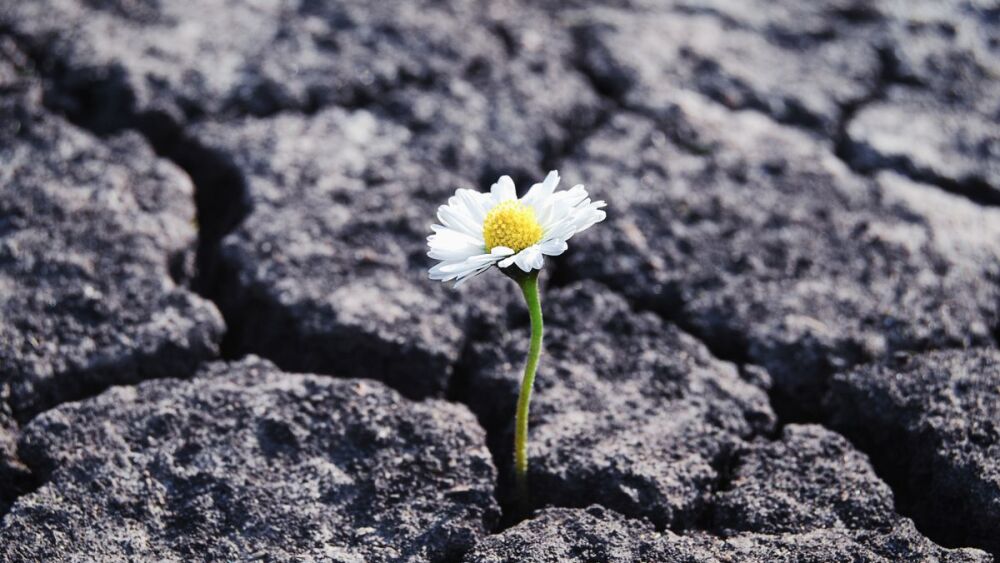By Mike Taigman, Kevin Hammond and Jurie Rossouw
Resilience is the ability to advance in life despite adversity. It’s not just bouncing back from bad situations. It’s about thriving and living your best life through anything. Resilience is the essence of mental and physical health. Research shows that many factors work together to make us resilient. These are six categories that cover the essential ingredients to assess your resilience. Answer these questions for yourself, and fill out the form on this page to download a printable checklist to assess resilience.
Composure is about emotional regulation, patience and dealing with adverse situations.
- When something upsets you and hijacks your emotions, how long does it take for you to feel calm again?
- What tools do you have for calming yourself after something emotionally intense? Deep breathing, wiggling your toes and labeling your emotions are examples of calming strategies.
If you feel sad, moody or anxious; have emotional outbursts; or are unable to cope, it might be time to get help.
Collaboration is about relationships, support networks and working in teams.
- Emotions are contagious. Are you more likely to be an infector or infected?
- Do you have people you can rely on; people you can trust?
- Are you someone others trust and like?
If you feel lonely or abandoned, have high social anxiety and are unable to relate to others, it might be time to get help.
Vision is about goals, goal orientation, values and a sense of self-worth.
- Where are you going with your life?
- Do you have a sense of purpose?
- Do you know – and act on – your priorities?
- What are your strengths and talents?
Please get help immediately if you feel hopeless; like you’re in everyone’s way. If you feel like you “don’t want to do this anymore” or like “everything would be better if you were not around,” please reach out for help right now.
Reasoning is about problem-solving, resourcefulness and being ready for change.
- How are your problem-solving skills?
- Can you challenge your thinking with questions like, “will this thought help me grow?” or “does this thought help me to connect with others?”
- How’s your curiosity?
- Are you able to see change as an opportunity?
If you cannot cope with personal challenges or deal with difficult situations, or have thought distortions that cause problems with your ability to function, seek help.
Health is about exercise, sleep, nutrition and brain health.
- Are you getting between 7-9 hours of good-quality sleep daily?
- Are you getting enough dancing, weightlifting, walking, cycling, boxing, basketball or other exercise?
- How’s your nutrition or your whole, plant foods-to-processed foods ratio?
- How much alcohol or other recreational pharmaceuticals are you ingesting?
- Is your weight, blood sugar, blood pressure and cholesterol under control?
If you’re unhealthy, not sleeping, overusing alcohol or drugs, or not caring for chronic diseases, it’s time to get help and see your physician.
Tenacity is about the ability to persevere and get back on track.
- How’s your optimism?
- Are you able to bounce back from mistakes and learn from criticism?
- Are you able to hold yourself accountable for your performance?
- Are you able to remain hopeful even in difficult situations?
If you feel pessimistic, hopeless, or perfectionistic to the point of paralysis, you should reach out for some support.
Like physical fitness, resilience is not something you achieve and you’ve got it forever. It’s something that requires regular attention for the rest of our lives. Resilience is the key to a sustainable career in the crazy world of emergency services. Evidence shows it protects against anxiety, depression, PTSD, suicide, cardiovascular disease, diabetes, cancer and more.
If you need help and don’t know where to go, the All Clear Foundation website is a good place to start.
About the authors
Kevin P. Hammond is managing director at Agilon, LLC, and a professionally certified trainer in Situations Leadership, Resilience First Aid (RFA) and High Adversity Resilience Training serving EMS, public education and non-profits. He offers neuroscience-based resilience training that measures and builds resilience in first responders to mitigate stress and other preventable mental health challenges.
In partnership with Hello Driven, Agilon’s goal is to expand RFA certification training nationally to peer support teams within public safety agencies engaging in large-scale mental health prevention training deployments. Resilient First Aid teaches strength-based skills to build resilience in others and learn the language to talk proactively, and skills that build resilience.
Jurie Rossouw. is a resilience expert and founder of Driven, a research and technology organization focused on building human resilience. He has developed various innovative and accredited resilience programs, including Resilience First Aid, the AI-powered Driven Resilience program, and High Adversity Resilience Training. These programs are used by various universities, defense, government organizations and therapists worldwide. Jurie has published books such as “Executive Resilience”; reports such as the National Resilience Index; and multiple research papers on the neuroscience of resilience, resilience assessment and new analytics frameworks to better understand resilience’s deeper functioning and value.
Fill out the form on this page to download a printable resiliency checklist to share with your colleagues.














